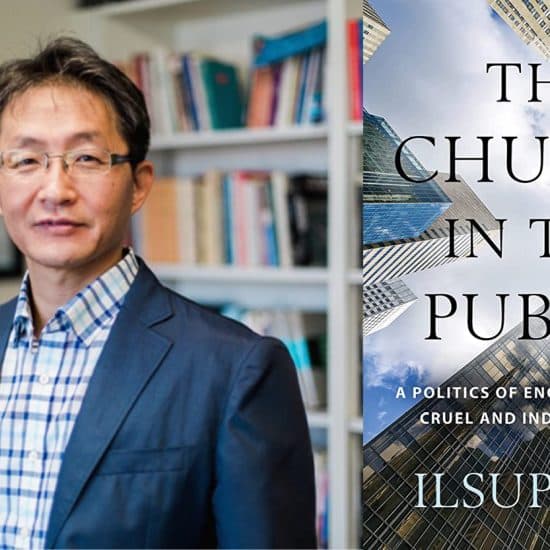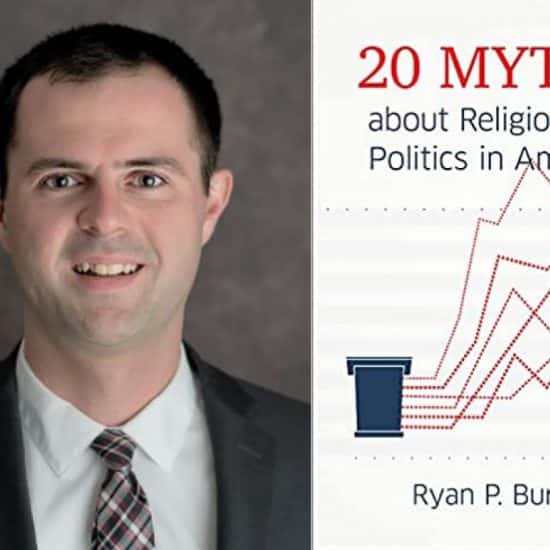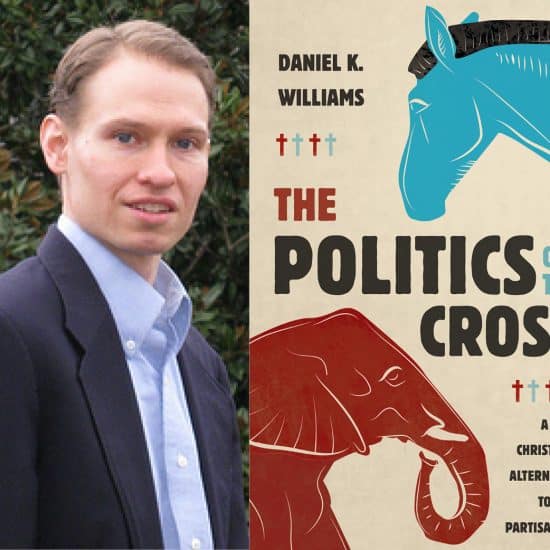Most folks don’t like to be accused of spreading incorrect facts (aka fake news). Facebook and Twitter disclosures about fake accounts and advertising are reminders to be diligent about what we believe and share. Personally, we want to be credible; as Christians, we need to be believable.
 Ken SatterfieldA friend recently shared something on Facebook which seemed too inflammatory to be real. Others called out and refuted it with facts. He admitted sharing it because it what he personally believed to be true, he explained, before ultimately deleting the post.
Ken SatterfieldA friend recently shared something on Facebook which seemed too inflammatory to be real. Others called out and refuted it with facts. He admitted sharing it because it what he personally believed to be true, he explained, before ultimately deleting the post.
Mark Twain said, “Facts are stubborn things, but statistics are pliable.” He could have been addressing election advertising, when ads about what a candidate stands for are drowned out by opponents and political action committees telling you what’s wrong with a candidate. And when it involves a close Senate race and a lot of money you can easily see and hear dozens of ads every day. (Believe me.)
Fact-checking in general has become more difficult as we experience what T.S. Eliot called a “wilderness of mirrors,” in which truths, half-truths and fiction make it difficult to know what is real. The News Literacy Project found 63 percent of Americans, in fact, have trouble telling real news from fake news.
Past columns recommended FactCheck.org and Pulitzer-winning PolitiFact.com to judge truth in politics. A list of other sources can be found on the University of Georgia’s library site at tinyurl.com/UGA-fake.
Other sites with helpful tools include:
- OpenSecrets.org and followthemoney.org (contributions and lobbyists)
- FEC.gov (campaign finance)
- ballotpedia.org and vote411.org (election, candidate and localized ballot information).
Now for some new sites suggestions and tools to utilize:
News bias: AllSides.com presents the same story from left-, right- and center-leaning sources, while Media Bias Fact Check (mediabiasfactcheck.com) evaluates more than 1,300 news sources for bias.
Pollsters: FiveThirtyEight.com grades pollsters based on methodology and past accuracy which can help you view results (projects.fivethirtyeight.com/pollster-ratings).
NewsGuard (newsguardtech.com) for Chrome, Edge and Firefox browsers, color-codes news based on trustworthiness. Some samples: CNN and Fox (green), but not Sean Hannity (red); Wikipedia (yellow); and satire sites (purple).
Botcheck.me, a Chrome extensions, analyzes political Twitter accounts to determine if they are non-human bots.
And if you can’t get enough information, independent ProPublica’s DataBot provides a real-time stream of national campaign data (propublica.org/nerds/the-election-databot-now-even-easier).
Regardless of how you vote, take advantage of the freedom to vote by being a well-informed citizen.
Ken Satterfield, a former media specialist is marketing coordinator for Word&Way.
See also:






